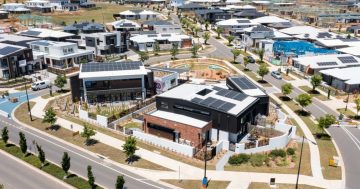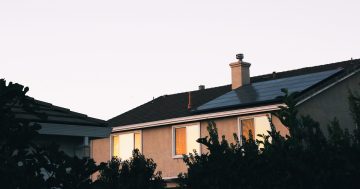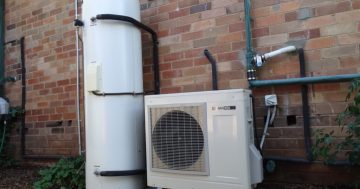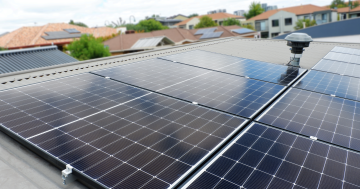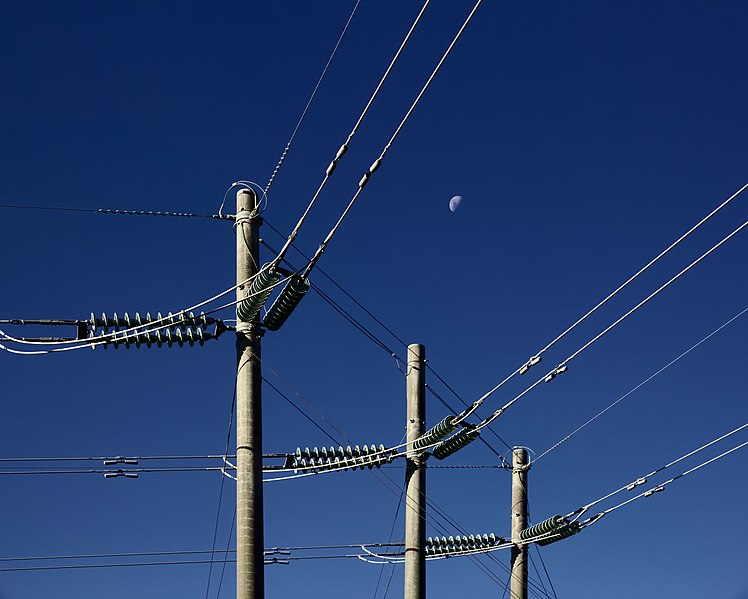
Power supply shortfalls may hit the system between 3 and 5:30 pm.
Canberrans have been urged to reduce their electricity usage today due to the strain on the system from the extreme heat conditions, including adjusting or limiting the use of air conditioners.
With the ACT expecting a record fourth day of 40-degree temperatures, the Australian Energy Market Operator has advised the ACT Government of the potential for very high electricity demand today across the NSW network which might result in supply shortfalls between 3 pm and 5:30 pm.
Deputy Director-General, Environment, Planning and Sustainable Development, Geoffrey Rutledge said the effects of climate change, such as higher temperatures and more regular extreme weather events, were putting greater stress on the electricity grid especially during summer.
“There is currently enough energy in the electricity system to service the ACT. However, by pulling together and reducing our energy use, we can help to provide a ‘buffer’ for the system, decreasing the likelihood of electricity supply shortfalls and supporting our community during heatwave events,” he said.
“We want people to stay cool and out of the heat as much as possible but there are many simple actions we can take, apart from turning the fan or air conditioning off, to reduce the strain on our electricity network.”
Tips for residents to reduce electricity include:
- turn off unnecessary residential lighting
- restrict use of air conditioning (set temperature to 26°C or higher)
- minimise use of cooking equipment
- consolidate refrigeration and turn off unnecessary fridges
- avoid use of dishwashers, clothes dryers, vacuum cleaners and second TV
- turn off domestic pool pumping and heating operation for the day
- avoid use of TVs or computers for game purposes
- turn off appliances usually left in standby mode – including TVs, DVDs, videos, stereos, computers, microwave ovens, battery chargers and portable power supplies
Tips for businesses to reduce electricity include:
- limit the use of air conditioners to occupied spaces only and setting the thermostat to no less than 26°C
- turn off unnecessary interior lighting, particularly in unoccupied spaces
- turn off advertising lighting and any unnecessary exterior lighting
- turn off heating appliances for swimming pools or spas
- turn off appliances usually left in standby mode
- turn off computer hard drives and screens unless in use
- turn off water heating systems and urns.
But those with serious illness, or those whose life-maintaining equipment require power are not required to voluntarily restrict their energy use.
“Given the hot weather, it is important people still take appropriate precautions for their own safety and comfort, in particular those in our community that are more vulnerable including the elderly, pregnant women, young children and babies,” Mr Rutledge said.
“We are just asking people to consider how they could limit their non-essential electricity use, especially during the peak expected electricity use period of between 3 pm to 5:30 pm.
“The ACT Government will continue to work closely with the Australian Energy Market Operator, Evoenergy (formerly ActewAGL) and our NSW counterparts to assess and monitor the situation.”
Mr Rutledge said that an electricity supply shortfall could result in ‘rotational load shedding’.
“Load shedding occurs when the electricity supply to customers is interrupted because demand is higher than the supply the system is able to generate at that particular time. During load shedding selected residential areas would be switched off for a period of up to two hours on a scheduled basis.”













